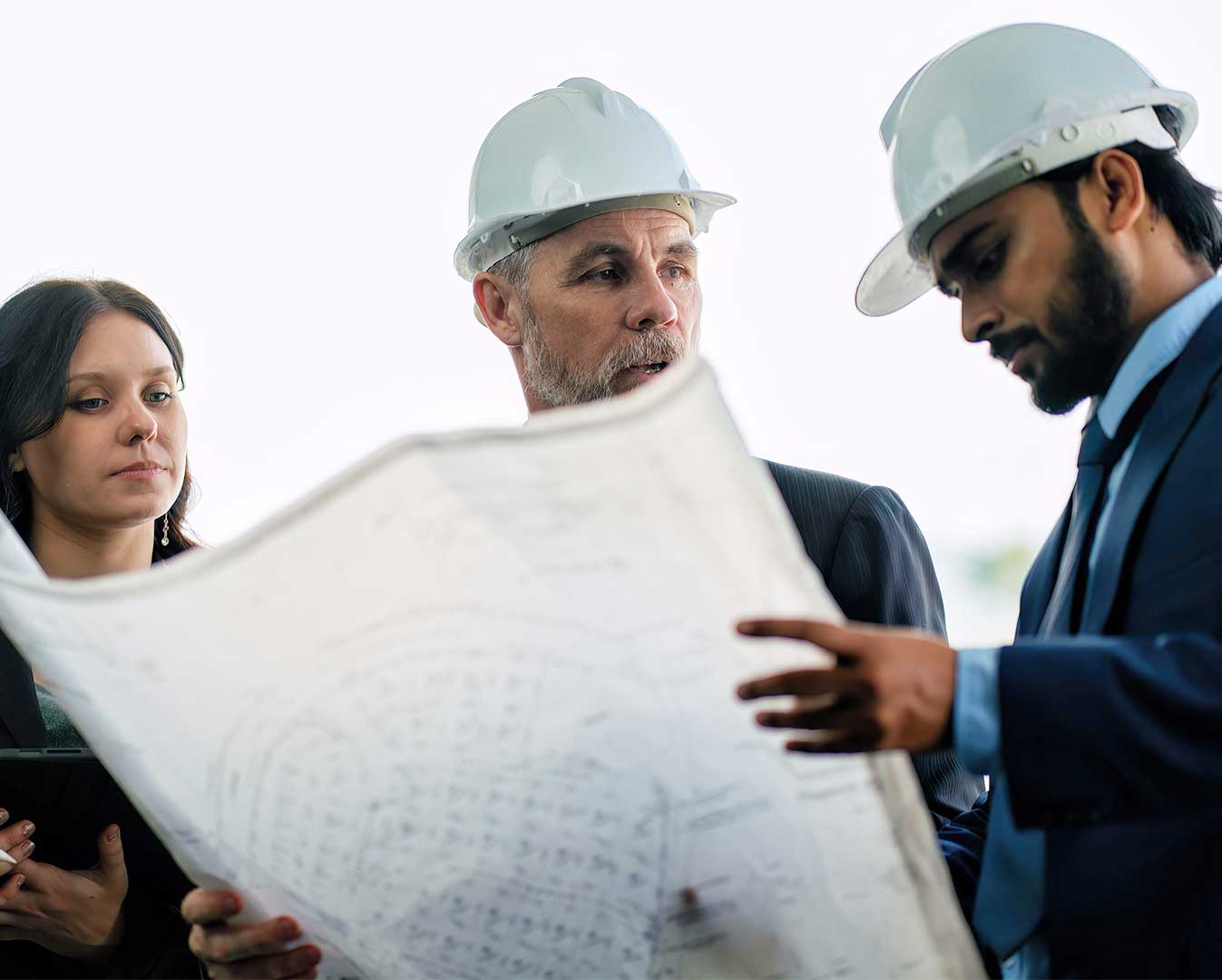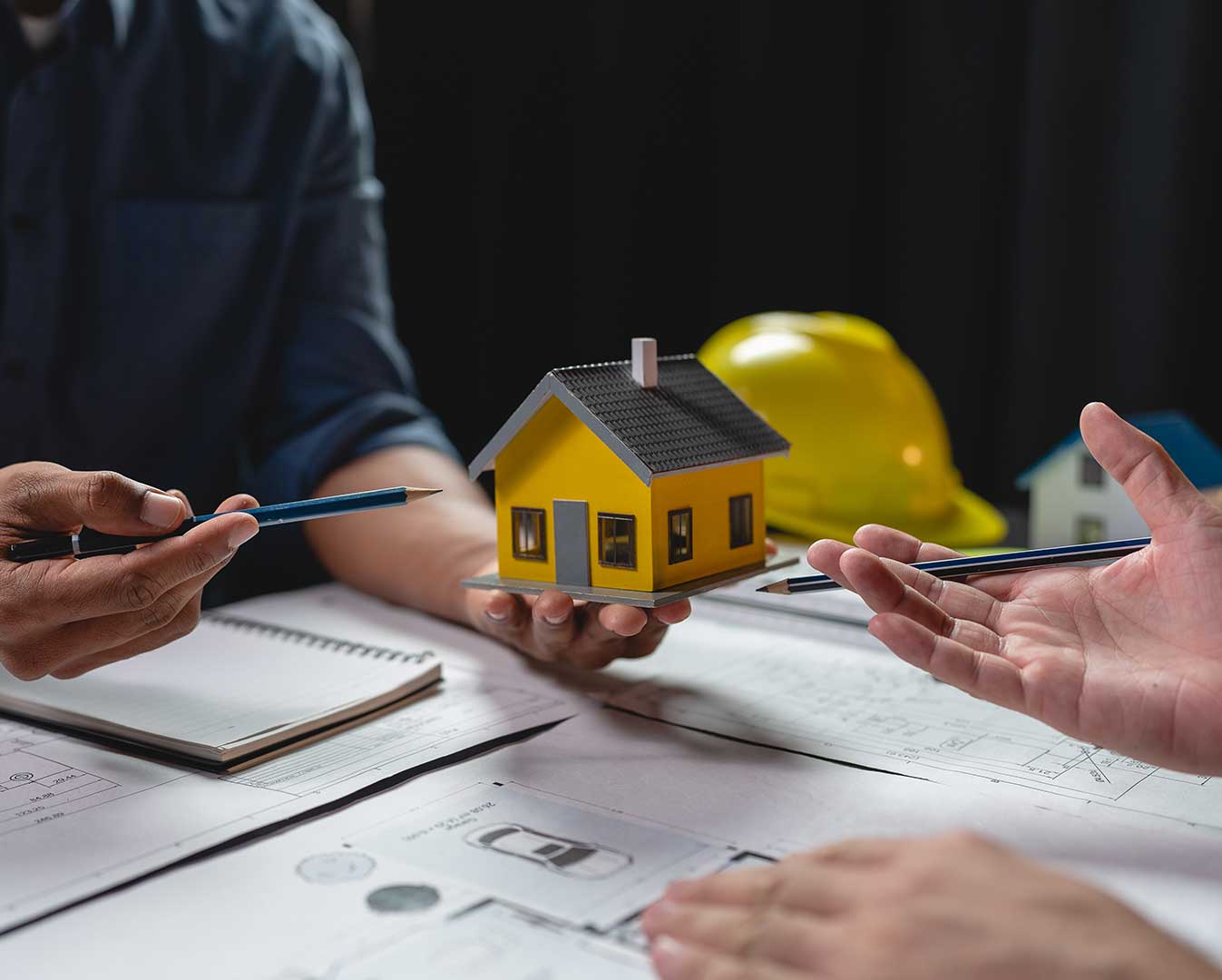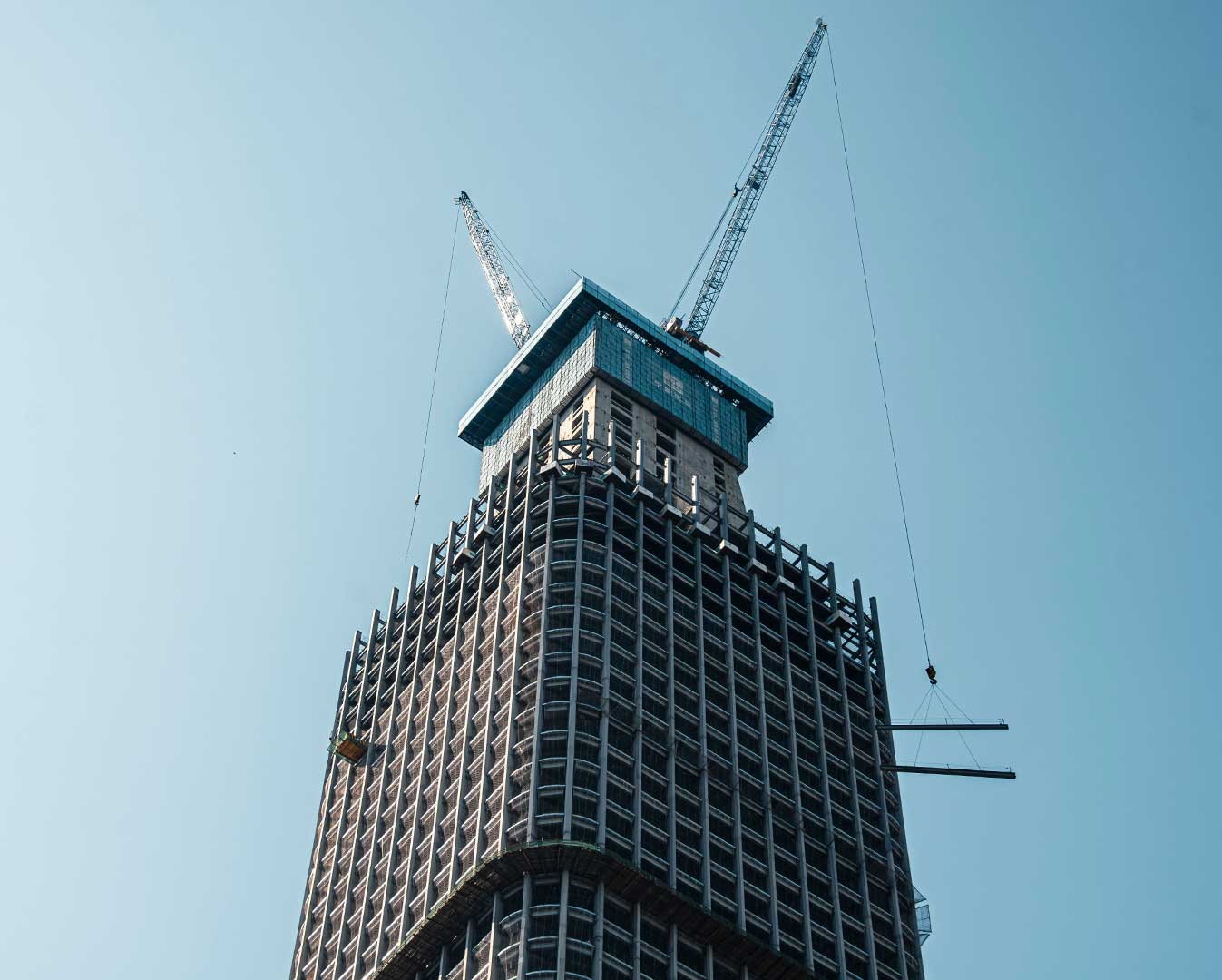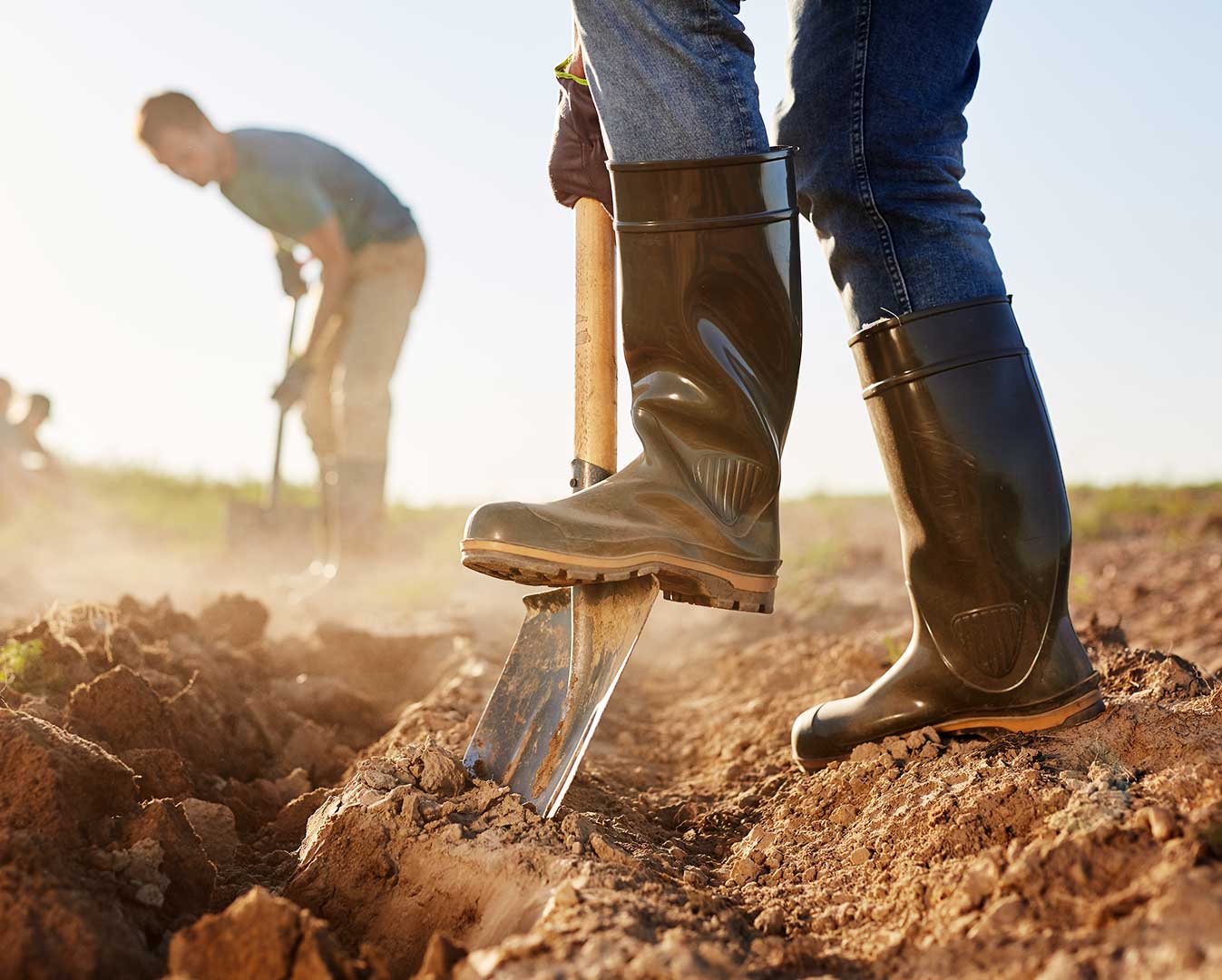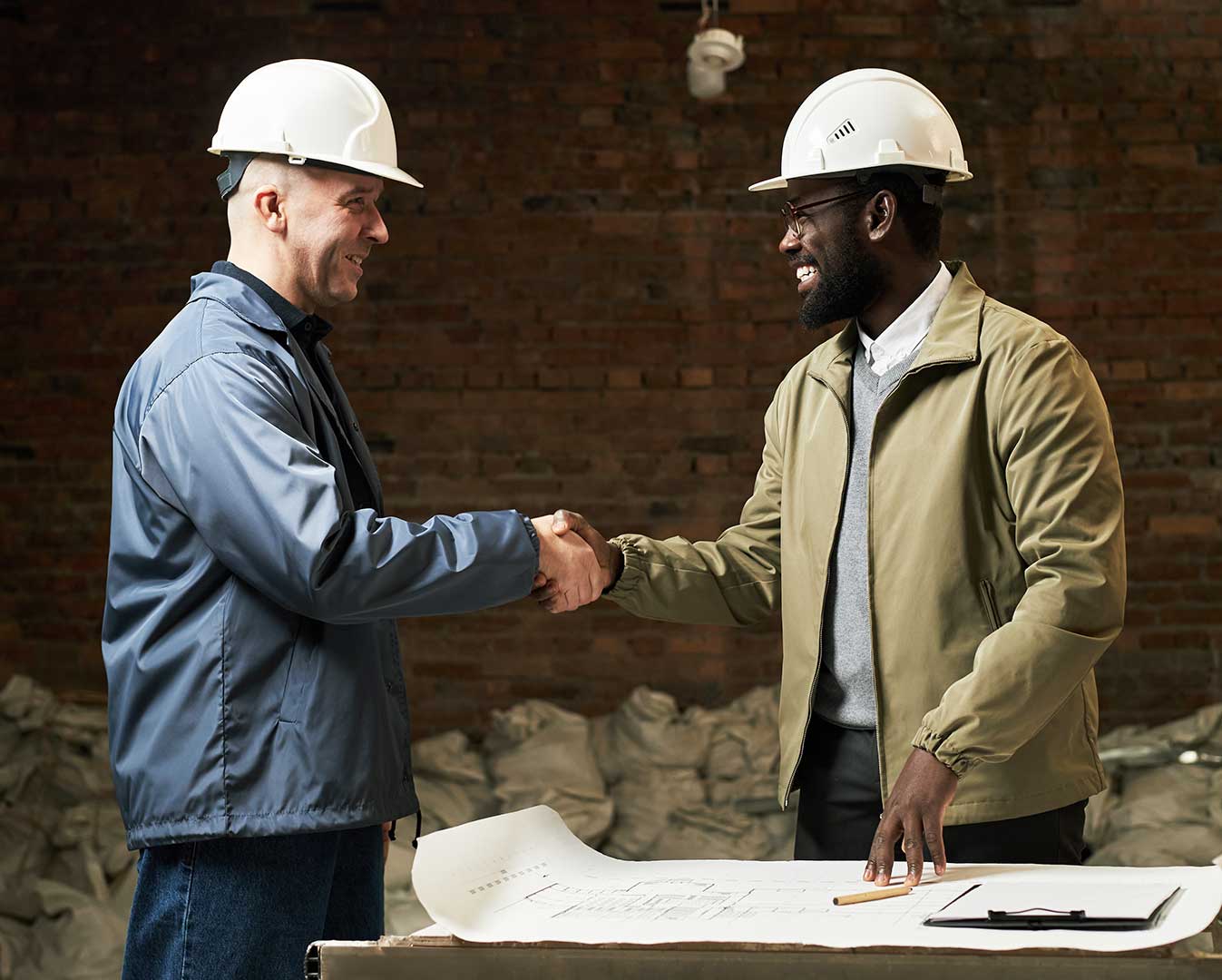In today’s world, construction practices must evolve to meet the demands of a greener future. At Waterford, we understand the importance of environmentally responsible construction, which is why we incorporate sustainable excavation methods into every project. These practices not only minimize the environmental impact of construction but also offer numerous benefits for project efficiency, cost savings, and long-term sustainability.
This article will explore the key benefits of sustainable excavation practices in construction, how they contribute to eco-friendly development, and why they are essential for minimizing land disturbance and preserving topsoil integrity.
The Importance of Sustainable Excavation Methods
Sustainable excavation methods are designed to reduce the environmental footprint of construction projects while maintaining the integrity of the surrounding landscape. Traditional excavation processes can cause significant damage, including soil erosion, deforestation, and disruption of natural habitats. In contrast, sustainable practices prioritize preserving the environment and creating a harmonious balance between development and nature.
At Waterford, we prioritize eco-friendly construction practices that align with industry standards and environmental regulations. By implementing environmentally friendly construction techniques, we contribute to building a greener and more sustainable future.
Key Benefits of Sustainable Excavation Methods
1. Minimizing Land Disturbance
One of the primary benefits of sustainable excavation methods is minimizing land disturbance. Traditional excavation can strip the land of vegetation, destabilize soil, and disrupt ecosystems. Sustainable practices focus on targeted digging, careful site planning, and preserving as much of the natural landscape as possible.
At Waterford, we use advanced technology and strategic planning to ensure that land disturbance is kept to a minimum. This not only protects the environment but also reduces the need for costly restoration efforts after the project is complete.
2. Preserving Topsoil Integrity
Topsoil is one of the most valuable natural resources in construction, containing essential nutrients and organic matter necessary for plant growth. Conventional excavation often leads to the removal or contamination of topsoil, resulting in long-term ecological damage.
Sustainable excavation practices, such as careful topsoil removal and storage, help preserve its integrity. By reusing the topsoil later in landscaping or site rehabilitation, we ensure that the land remains fertile and capable of supporting vegetation.
3. Reducing Carbon Emissions
Construction activities are a significant contributor to global carbon emissions. Sustainable excavation methods aim to reduce this impact by optimizing fuel consumption, using energy-efficient machinery, and reducing the need for unnecessary transport of materials.
Waterford’s commitment to eco-friendly excavation practices includes utilizing equipment with lower emissions and streamlining processes to minimize fuel usage. This approach not only reduces the project’s carbon footprint but also aligns with broader environmental goals.
4. Improved Resource Efficiency
Sustainable excavation practices emphasize the efficient use of resources, including water, fuel, and materials. Techniques such as precision digging and recycling excavated materials reduce waste and optimize the use of available resources.
For example, excavated soil and rock can often be repurposed for backfilling or other construction needs, eliminating the need for additional material procurement. This not only lowers costs but also reduces the environmental impact of sourcing and transporting new materials.
5. Cost Savings
While sustainable practices may initially seem more expensive, they often lead to significant cost savings over time. Reduced waste, improved efficiency, and lower restoration costs contribute to an overall decrease in project expenses.
By investing in sustainable excavation methods, Waterford ensures that clients benefit from cost-effective solutions without compromising on quality or environmental responsibility.
6. Enhanced Community and Regulatory Support
Communities and regulatory bodies increasingly demand environmentally responsible construction practices. Projects that adhere to sustainable methods are more likely to gain public approval and meet environmental compliance standards.
Waterford’s commitment to eco-friendly construction practices ensures that our projects align with local regulations and community expectations, fostering positive relationships and long-term success.
How Sustainable Excavation Practices Work
Sustainable excavation involves several environmentally friendly construction techniques aimed at minimizing impact and maximizing efficiency. Key practices include:
- Careful Site Assessment and Planning: Detailed assessments of the site’s topography, soil composition, and ecosystems allow for precise planning and minimal disruption.
- Targeted Digging: Instead of large-scale excavation, sustainable methods focus on digging only where necessary to reduce land disturbance.
- Reuse of Excavated Materials: Soil, rock, and other materials are repurposed for backfilling, landscaping, or erosion control.
- Use of Energy-Efficient Equipment: Advanced machinery with lower emissions ensures cleaner and more efficient excavation.
- Erosion Control Measures: Techniques such as retaining walls, silt fences, and ground covers prevent soil erosion and protect surrounding areas.
By combining these techniques, Waterford delivers excavation services that are both efficient and environmentally responsible.
How Sustainable Excavation Practices Help with Soil Preservation
Soil preservation is a critical aspect of sustainable construction. Healthy soil supports vegetation, prevents erosion, and maintains ecological balance. Sustainable excavation methods protect soil in the following ways:
- Topsoil Protection: By carefully removing and storing topsoil, it can be reused later to restore the land.
- Minimized Soil Compaction: Avoiding heavy machinery on sensitive areas prevents soil from becoming compacted, which can hinder plant growth and water absorption.
- Erosion Prevention: Stabilizing slopes and using erosion control measures protect soil from being washed away by rain or wind.
At Waterford, we take every precaution to ensure that soil is preserved and remains fertile for future use.
Sustainable Excavation and Carbon Emissions Reduction
Reducing carbon emissions is a central goal of sustainable excavation. Construction activities often involve high energy consumption and fuel usage, contributing to greenhouse gas emissions. Sustainable practices address this issue by:
- Using equipment with energy-efficient engines.
- Reducing transportation distances for materials and machinery.
- Recycling excavated materials to eliminate the need for new resources.
By implementing these strategies, Waterford helps lower the environmental impact of construction projects while promoting cleaner and greener practices.
Why Choose Waterford for Sustainable Excavation Services?
Waterford stands out as a leader in environmentally responsible construction. Our dedication to sustainable excavation benefits clients, communities, and the planet. Here’s why clients trust us:
Expertise in Environmental Construction Methods
With years of experience in eco-friendly construction practices, we bring unparalleled expertise to every project. Our team is skilled in applying innovative techniques that reduce environmental impact without compromising quality.
Advanced Equipment and Technology
We use state-of-the-art machinery designed for precision, efficiency, and reduced emissions. This ensures that our excavation processes are both effective and sustainable.
Commitment to Sustainability
Sustainability is at the core of everything we do. From minimizing land disturbance to preserving topsoil integrity, we prioritize environmental stewardship in every aspect of our work.
Customized Solutions
Every project is unique, and we tailor our approach to meet the specific needs of each site. Our sustainable excavation methods are designed to align with your project goals and environmental objectives.
About Waterford
Waterford is a trusted provider of professional excavation services, specializing in sustainable practices that minimize environmental impact. With a focus on precision, safety, and eco-friendly construction techniques, we deliver high-quality results for projects of all sizes. Whether you’re developing residential properties, commercial spaces, or infrastructure projects, Waterford is your partner for innovative and responsible excavation solutions.

